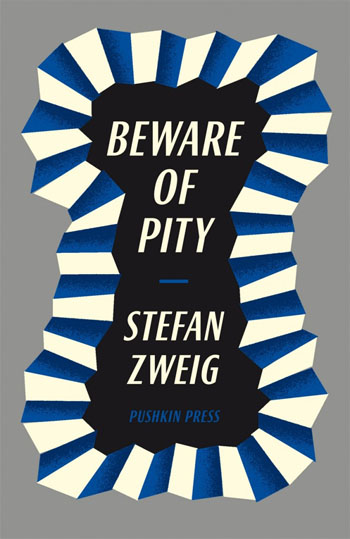One of my own favorite books on cinema is Geoffrey O’Brien’s The Phantom Empire: Movies in the Mind of the Twentieth Century (1995). O’Brien, the poet, critic, translator, and Editor-in-Chief of the Library of America, has written beautifully on a wide range of subjects and returned to cinema again in 2002 with Castaways of the Image Planet: Movies, Show Business, Public Spectacle. And now there’s a new volume, Stolen Glimpses, Captive Shadows: Writing on Film, 2002–2012, reviewed today by Benjamin Mercer for Bookforum:
As ever, his reeling poetic style is perfectly suited to capturing film’s fugitive qualities—its fleeting enchantments, and its slippery relation to moments both past and present. Movie writers often turn a blind eye to the experience of watching, but it plays a central role in O’Brien’s criticism, such that he conveys an intimate sense of his impressions as they’re registered. The book’s brief preface provides a particularly fluid state of the medium from the angle of the audience: “To hang suspended in air, see through walls, fly over cities and peer unseen at their inhabitants, go back in time: these must be in some sense illicit pleasures. Movies are the banal miracle, an achieved magic to which we have almost become inured.”
O’Brien will be at New York’s Film Society of Lincoln Center tonight to chat up the book and attend a screening of Jacques Tourneur‘s Canyon Passage (1946).
In the new issue of Interiors, art director Ian Phillips discusses the use of a house John Lautner designed in 1949 as the residence of Colin Firth’s character in Tom Ford’s A Single Man (2009).
The Seventh Art has launched a new issue featuring video interviews with Christopher Doyle and Xavier Dolan—but they’ve also switched to a subscription model which the editors hope will lead to an expansion of the project overall.
A few quick notes via Catherine Grant: Read a sample chapter from Andrew Klevan’s forthcoming book on Barbara Stanwyck; The Cine-Files is now tweeting; and the Chinese Film Festival Studies Research Network has launched its site.
In other news. “Iran has reopened its main film industry guild almost two years after it was closed by hardliners,” reports the BBC. Deputy Culture Minister Hojatollah Ayoubi says that the decision to reopen the House of Cinema reflects on the greater tolerance for culture promised by the new president, Hassan Rouhani.
The European Film Academy has announced that its rough equivalent of a lifetime achievement award will be going to Pedro Almodóvar this year.
“James Gray will preside the main jury of the 8th Rome Film Festival, while director Larry Clark will head the fest’s more cutting-edge CinemaXXI section,” reports Variety‘s Nick Vivarelli.
In the works. So happens that two entries on two actors discussing their work with two directors each on a total of four upcoming films have just appeared all but simultaneously. At Cigarettes and Red Vines, Bryan Tap‘s got notes on David Poland‘s interview with Josh Brolin in which the actor contrasts the approaches of Jason Reitman (Labor Day) and Paul Thomas Anderson (Inherent Vice). As for PTA: “He’s all over the place. It’s just absolute fucking chaos every day, all day. Which is great, ’cause you feel like you’ve done something. But, you know, we’ll see how it turns out.”
And HitFix‘s Gregory Ellwood talks with Saoirse Ronan about Wes Anderson and The Grand Budapest Hotel and Ryan Gosling and his directorial debut, How to Catch a Monster. Anderson’s “got these animatics on a little iPad mini that he has with him every day. Story boarded the entire film, every single shot. And voiced every single character in the way he wants it to be read and the beat that he wants in between.” Whereas Gosling encourages improvisation: “It meant that literally every single scene was a surprise. You didn’t know what was gonna happen.”
Bille August and screenwriter Greg Latter are taking on two adaptations: Vladimir Nabokov’s Laughter in the Dark (1932) and Stefan Zweig’s Beware of Pity (1939). Jorn Rossing Jensen has details at Cineuropa.
Jensen also reports for Screen Daily: “Danish director Tobias Lindholm, who won several awards for his Somali pirate drama A Hijacking (Kapringen), will next make The War (Krigen), about the military action in Afghanistan.”
Listening. Samantha Geimer discusses her new book, The Girl: A Life in the Shadow of Roman Polanski, on the Leonard Lopate Show. See, too, David Ehrenstein‘s piece posted here in Keyframe yesterday.
Via Catherine Grant, Catherine Wheatley of King’s College London discusses her research on Christianity in post-9/11 European cinema.
For news and tips throughout the day every day, follow @KeyframeDaily on Twitter and/or the RSS feed. Get Keyframe Daily in your inbox by signing in at fandor.com/daily.






